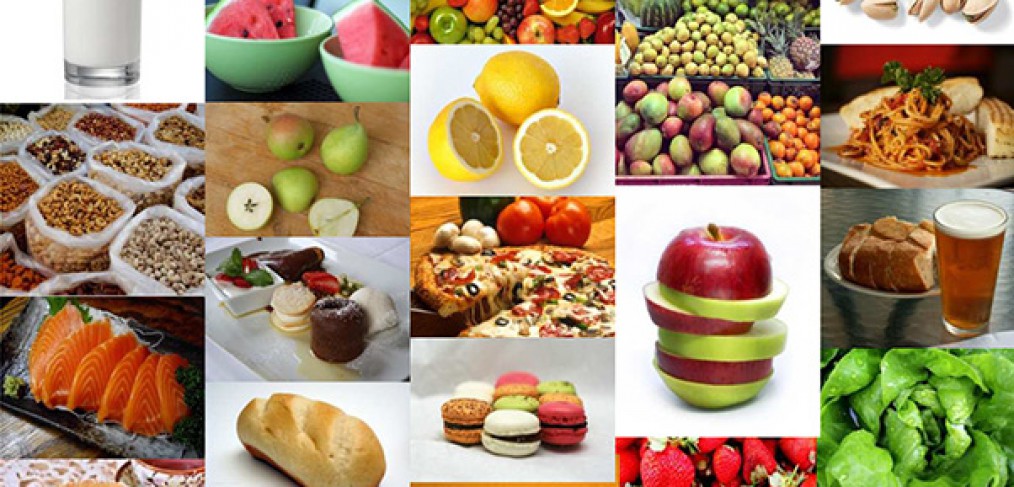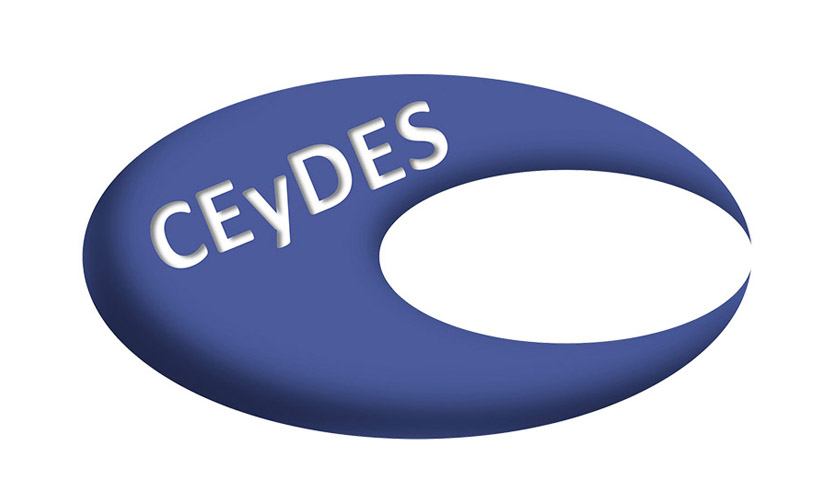
ASPECTOS ANTROPOLÓGICOS EN EL PASO DE COMER A ALIMENTARNOS . EL DESAFÍO INACABADO DE LA EVOLUCIÓN.ANTHROPOLOGICAL ASPECTS IN STEP TO EAT to FEED… UNFINISHED THE CHALLENGE OF EVOLUTION.
Vamos a plantear un esquema muy simple en el que seguimos la evolución de nuestra sociedad y de nosotros, los seres humanos, como miembros de la misma. En un primer momento el primer objetivo para el hombre era sobrevivir como individuo y como especie. Nuestros antepasados no eran exactamente «el equipo mejor preparado» en el mundo pero: se adaptaron y sobrevivieron, y no contento con eso, empezaron a pensar en sí mismos como «Los reyes de la creación».
Es un hecho: Nuestros antepasados tenían la obligación de preservar la especie, y lo hicieron fenomenalmente bien.
De la necesidad de sobrevivir, y teniendo que comer lo más posible de «lo que fuera» (de hecho en un principio éramos animales herbívoros), nuestros antepasados hicieron virtud para alcanzar, después de muchas generaciones de lucha, ser «el mejor de los animales «carroñeros» – algo así como un cruce entre hienas y buitres-.
Suena horrible, pero para nuestros antepasados estaban muy orgullosos de competir y, a veces, ganar la lucha con estos animales. Marcar nuestro terreno y ser capaz de ganar el alimento en la lucha con otros competidores, nos dio la oportunidad de ser y actuar como omnívoros.
Hemos tenido el coraje siendo como éramos de bajar de los árboles y comenzar a caminar de pie casi de forma permanente con el fin de ver a nuestros rivales y nuestras presas en la distancia antes que ellos nos vieran. Por cierto: Por necesidad de caminar en posición vertical, el cerebro de la especie humana creció.
Nuestra evolución: De » carroñeros » a «cazadores-recolectores nómadas» y de allí a «agricultores sedentarios» marca un cambio de necesidades para la especie humana que lleva aparejado un cambio cultural. Se cambia el «modelo de comer» porque ya producimos y podemos elegir los alimentos. El «comer» sigue siendo imprescindible, pero ya no marca el instinto primario asociativo de la tribu . La » élite social « se replantea. El líder no tiene que ser , necesariamente, el más fuerte. Hay nuevos criterios asociados a fenómenos «externos» que influyen más que la fuerza en el devenir de estas sociedades. El «comer» para » alimentarse» es a partir de este momento, un proceso reflexivo de elección personal, y la comida ya no es un solo un bien primario necesario. Según que alimentos se reservan para miembros de la sociedad que ejercen unas misiones y funciones específicas y consideradas primordiales . Los alimentos que se producen no son solo para autoconsumo sino que ya son un objeto de comercio. Son la fuente para el logro de otros activos, para lograr otros productos que pueden estar o no integrados en nuestra memoria colectiva . La pregunta es : Son realmente necesarios?
Otro día les seguiré comentando como veo la relación entre Antropología y alimentación.
We will propose a very simple scheme in which we follow the evolution of our society and of we human beings, as members of it.
At first the first daily challenge for the man was to survive as an individual and as a species. Our ancestors were not exactly «the team better prepared» in the world but: they adapted and survived, and not content with that, they began to think of themselves as «The kings of creation».
It is a fact: Our ancestors had the obligation to preserve the species, and they did phenomenally well.
Of the need to survive, and having to eat as much as possible of «whatever» (in fact initially were herbivorous animals), our ancestors got, after many generations of struggle, be «the best animal they eat remains of dead animals – something like a cross between hyenas and vultures.
It sounds horrible, but for our ancestors were very proud to compete and sometimes win the fight with these animals. Mark our land and be able to win the food fight with other competitors, he gave us the opportunity to be and act as omnivores.
We have had the courage for leave the shelter of the trees and leave this shelter and start walking upright , almost permanently, in order to see our rivals and our prey in the distance before.. By the way: by need to walk upright, the brain of the human species grew.
Our evolution: From «Scavengers» a «hunter-gatherers» and then to «sedentary farmers» marks a change of needs for the human species that carries with it a cultural change. in the «eating model» . Is changed because we produce and we can choose foods. The «eat» remains essential, but «only the eat «, already no longer marks the associative primary instinct of the tribe. There is a change in the «social elite».
. The leader does not have to be necessarily the strongest. The society has new criteria associated with «external» phenomena that influence with more force in the evolution of these societies. The «eat» by «eat» is from this moment, a thoughtful process of personal choice, and the food is no longer a necessary one primary good.
There are food reserved for some members of society only for the fact of exert specific functions they and missions considered paramount. Foods that are produced are not only for their own consumption but they are already an object of trade. They are the source for the achievement of other assets, to achieve other products that may or may not be integrated into our collective memory. The question is: Are they really necessary?
Another day will continue discussing them how I see the relationship between anthropology and nutrition
